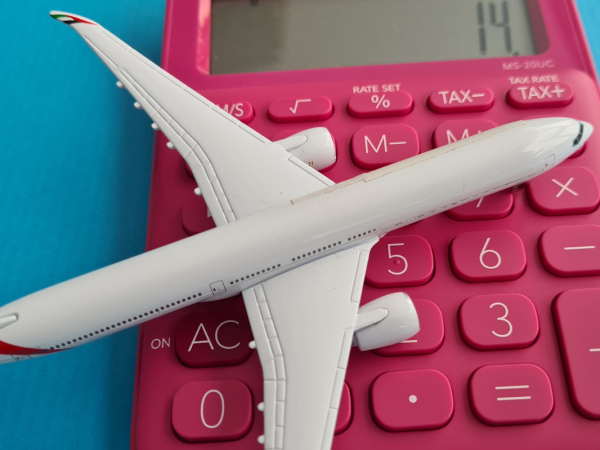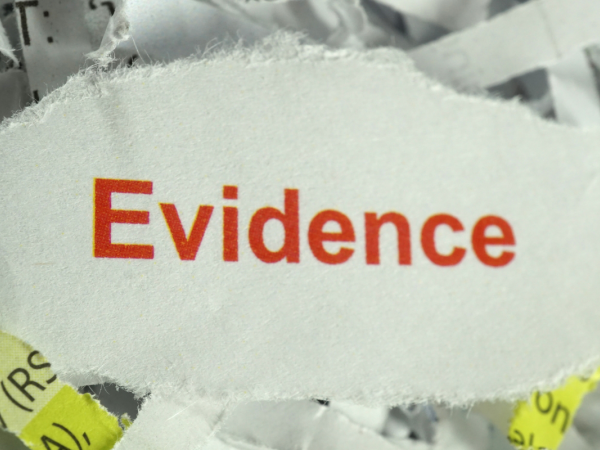Tips to follow when submitting a P87 tax refund form
HMRC issue some tax refunds automatically. In other cases, you need to actively claim tax refunds. For example, for job-related expenses that you paid for yourself, you need to make a claim by completing form P87. For refunds relating to the 2019/20 tax year, you need to make your claim by 5 April 2024. It is important that you complete the P87 correctly, so that it gets processed without delay. This article gives some tips to follow when submitting a P87 tax refund form.

You must normally submit a claim for a tax refund within four years of the end of the tax year in which the tax refund arose. So your claim for the tax year 2019/20 must be made by 5 April 2024.
Note that ‘by 5 April’ means HMRC need to receive your claim form by 5 April. Many claims can be submitted online, and you should try to save a copy of the submitted form and/or keep a note of any receipt HMRC’s system gives you. If you are posting a paper claim form, make sure you send it in good time to reach HMRC by 5 April. You might wish to ask the Post Office for proof of postage and keep this in case HMRC say they haven’t received your form.
Ensuring HMRC process your claim without delay
HMRC typically operate a process now/check later system in respect of the amount of tax relief being claimed. However sometimes HMRC may reject claims and forms that have administrative issues, for example those that are completed incorrectly or have information missing.
Here are some tips for completing the P87 form:
- Make sure you are using the latest version of the form.
- Check you are in time to claim the expenses. As stated above, normally you have four years from the end of the tax year in which the overpayment arose to claim a refund.
- Make sure the form contains your PAYE reference number. If you do not have it, you could try following the steps set out in our article. One option that we did not set out in the article, is to phone HMRC to ask them for the reference number.
- Be sure you can use form P87. In some instances, rather than use form P87, you need to claim tax relief through a tax return – for example if your expenses are more than £2,500 or you need to complete a tax return for any other reason.
- Be sure that you have not already received tax relief for your expenses. For example, might you have made a claim already but forgotten about it? Is it possible you already got tax relief for your employment expenses though your tax code?
- Did you earn enough to pay tax in the tax year? If you do not earn enough, you cannot claim tax relief – see the ‘Josie’ example here.
- Double check whether your employer reimbursed the employment expenses – as we explain in our guidance, you can only get tax relief on costs that you incur personally.
- Finally, for further help and guidance on filling out form P87, read our guidance which includes an annotated example.
Other information
To help you make sure that your claim is accurate, as well as complete, you may wish to read the following guidance. HMRC can check claims, often years after the claim was submitted, so it’s important to try and make sure your claim is as accurate as possible.
Deductible employment expenses – not all expenses quality for tax relief. In fact, for most employment expenses, you must have incurred them wholly, exclusively and necessarily in the performance of the duties of the employment, which is a hard test to meet.
Tax relief if you use your own car – this comes in the form of a flat rate amount for the number of business miles you have travelled. However the miles have to be business miles, not ordinary commuting and sometimes it is not easy to tell which is which.
Guidance on using tax refund companies - there are plenty of organisations which offer to make the claim for you, but they will take a fee from any repayment you get. Some may also act in bad faith and cause you problems in the future.
In particular, if you are thinking of paying a tax refund company to help you make a claim for work expenses, we strongly recommend you read HMRC’s warning about incorrect or inflated expenses, in their claiming expenses – don’t get caught out campaign on GOV.UK.



